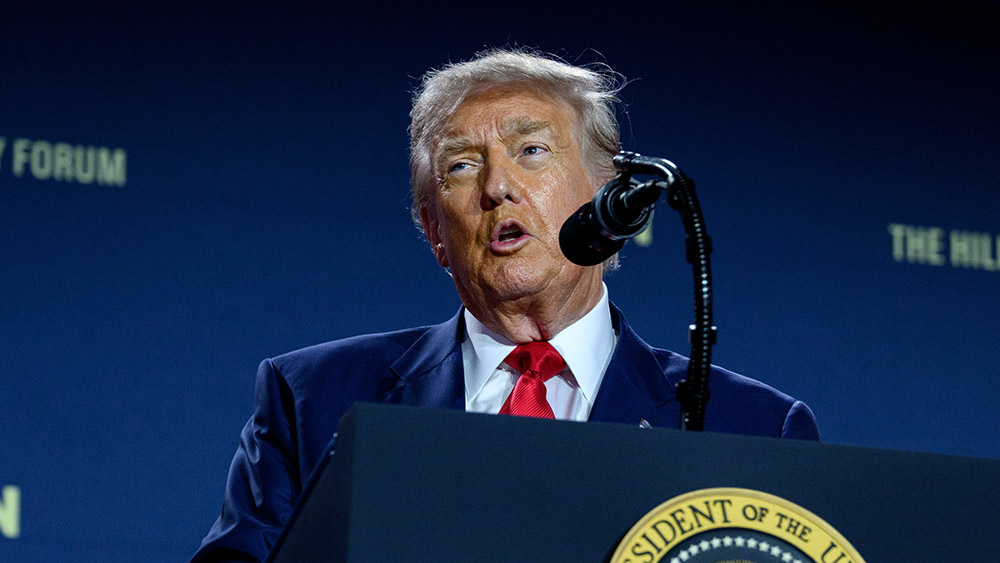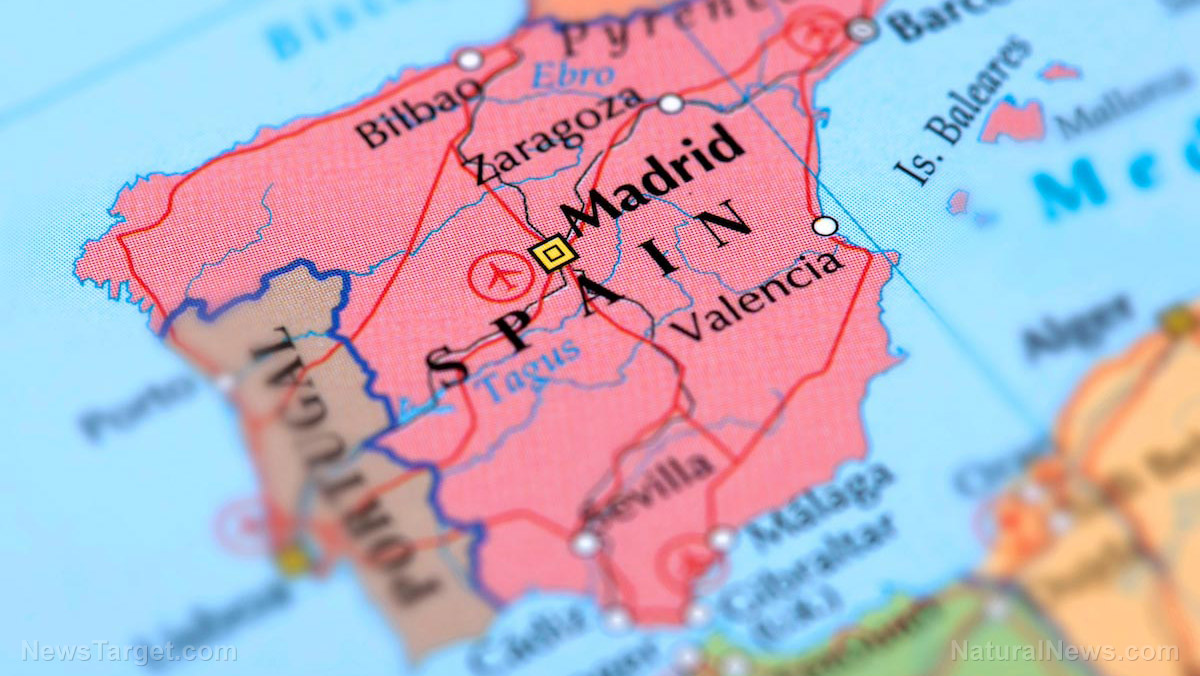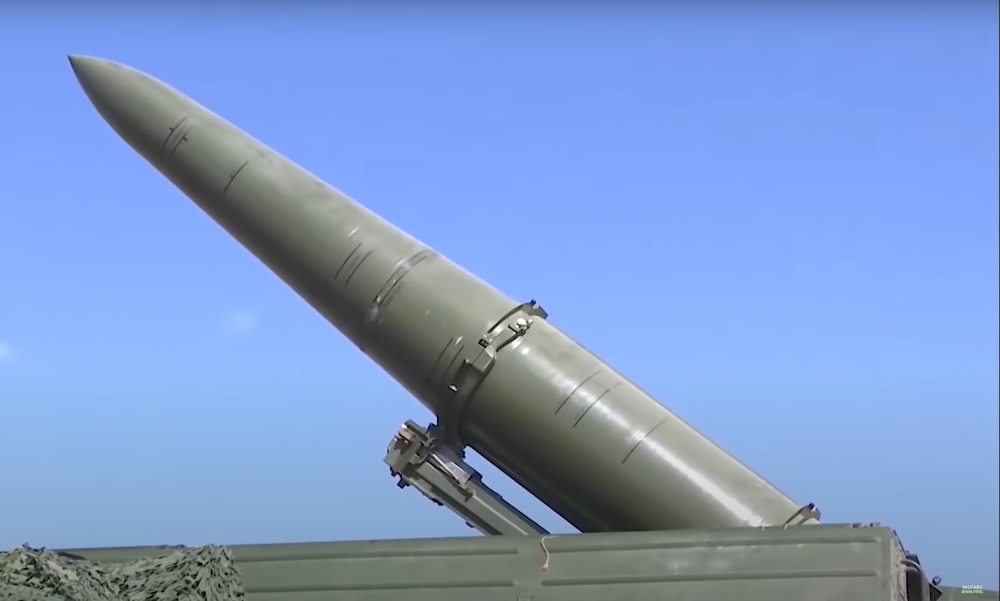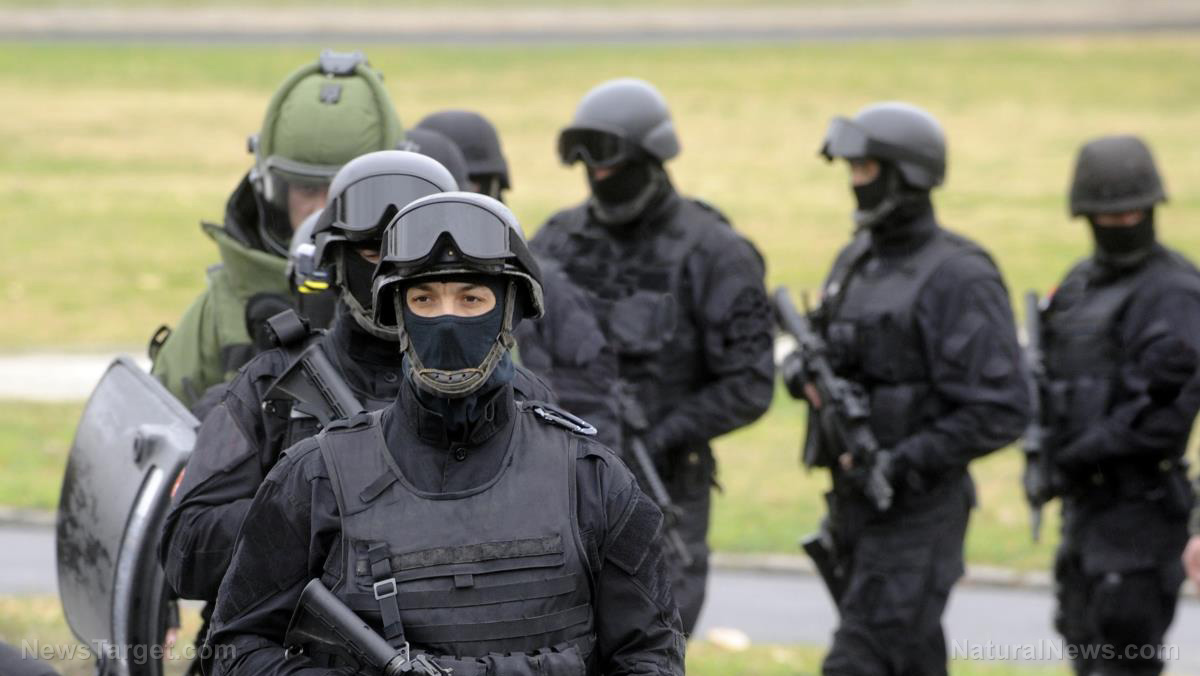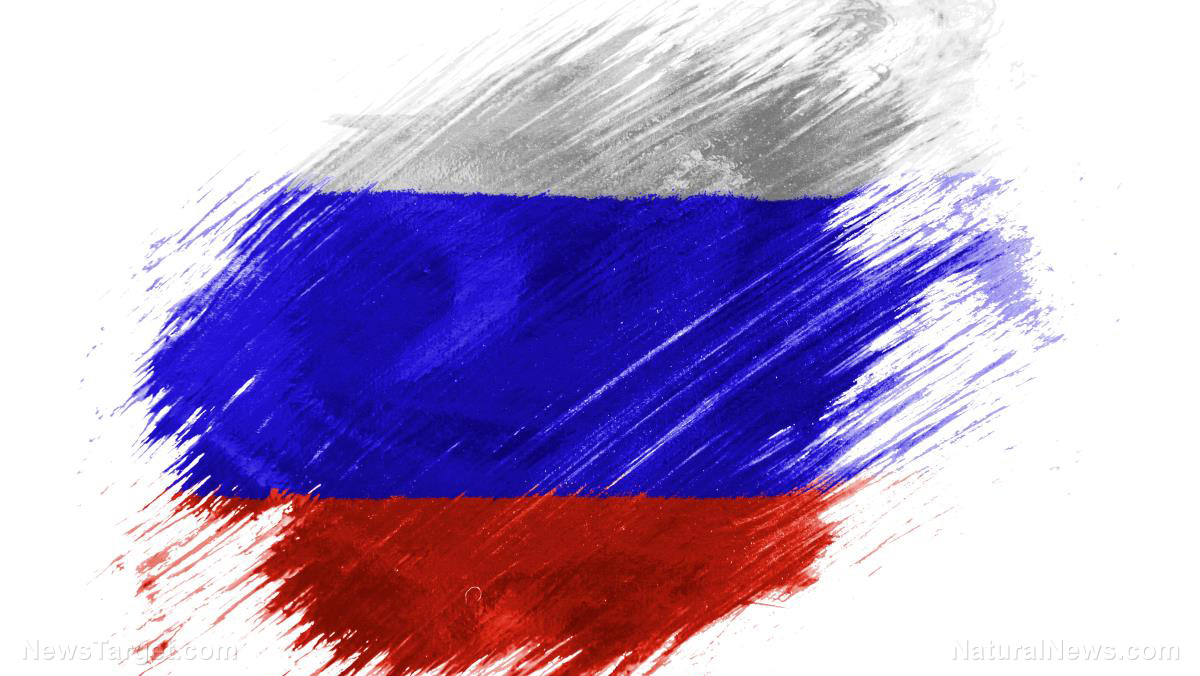Houthi rebels SANCTION American oil giants amid escalating Middle East tensions
10/04/2025 / By Ramon Tomey
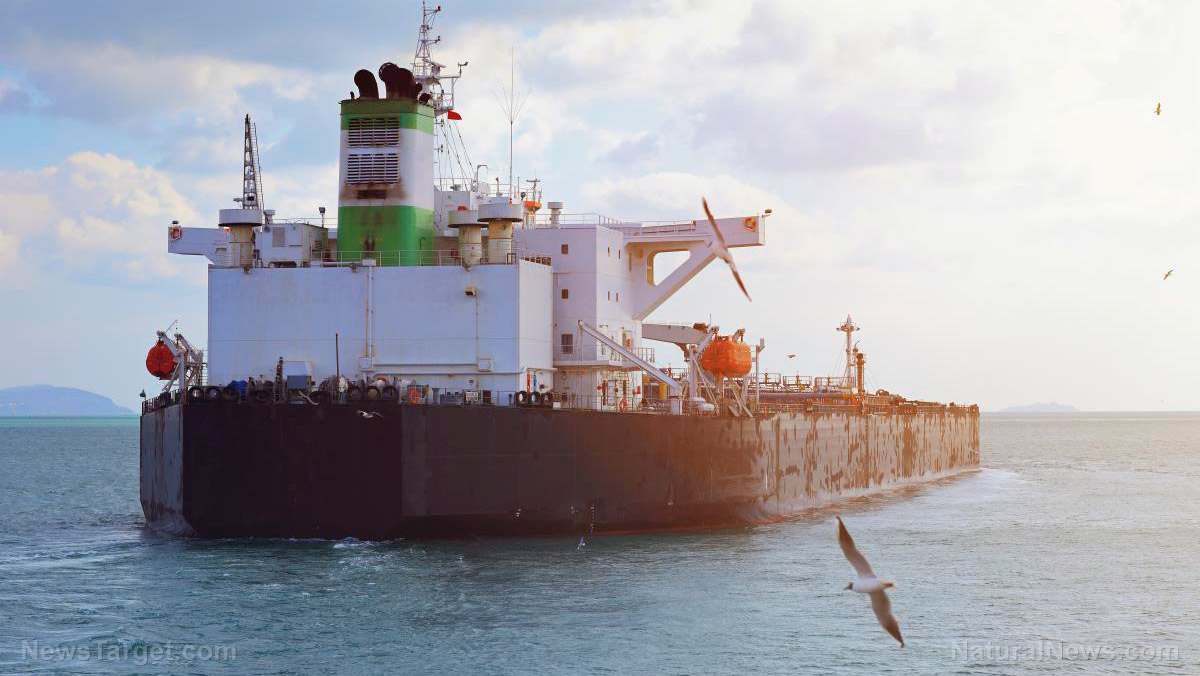
- Yemen’s Houthi rebels imposed sanctions on 13 U.S. oil companies (including ExxonMobil, Chevron), nine executives and two vessels, accusing them of violating an embargo on American crude exports.
- The Houthi-affiliated HOCC framed the sanctions as retaliation against U.S. sanctions, warning of “all available means” to defend Yemen’s sovereignty. Analysts question if this signals renewed attacks on U.S.-linked shipping in the Red Sea and Gulf of Aden.
- Experts dismiss the sanctions as largely symbolic, noting Gulf oil flows are dominated by Chinese, Russian and Iranian-linked entities the Houthis avoid targeting. Some view it as a “media stunt” amid economic strain.
- The move coincides with Israel’s Gaza offensive, U.S.-backed peace efforts and UN sanctions on Iran. Days earlier, Houthis struck a Dutch cargo ship, showcasing their disruptive capabilities.
- The sanctions escalate tensions, risking further U.S. retaliation and drawing the region closer to a broader conflict where oil infrastructure could become a battleground, destabilizing global energy markets.
Yemen’s Iran-aligned Houthi rebels have imposed sanctions on 13 U.S. oil companies, nine executives and two vessels, accusing them of violating an embargo on American crude oil exports.
The move was announced by the Houthi-affiliated Humanitarian Operations Coordination Center (HOCC) on Tuesday, Sept. 30. It came in response to sanctions from Washington, despite a fragile ceasefire brokered by Oman under the second Trump administration.
The targeted firms include ExxonMobil, Chevron, ConocoPhillips, Phillips 66, Marathon Petroleum, Valero and Occidental Petroleum. Petroleum CEOs such as Exxon’s Darren Woods and Chevron’s Mike Wirth are also named as targets of the sanctions.
The HOCC warned it would “employ all available means” to defend Yemen’s sovereignty, framing the sanctions as reciprocal measures. Analysts question whether this signals a return to Houthi attacks on U.S.-linked shipping, which could destabilize the Red Sea and Gulf of Aden – critical chokepoints for global energy trade.
The timing is conspicuous. The sanctions coincide with Israel’s ongoing offensive in Gaza, a U.S.-backed peace plan and the snapback of United Nations sanctions on Iran. Just days earlier, the Houthis claimed responsibility for a missile strike on a Dutch cargo ship, leaving it ablaze – a reminder of their disruptive capabilities. (Related: Houthis escalate attacks as Dutch cargo ship set ablaze in Gulf of Aden.)
HOCC sanctions: Symbolic stunt or calculated escalation?
Yet experts like Mohammed Al-Basha dismiss the sanctions as largely symbolic, noting that Gulf oil flows remain dominated by Chinese, Russian and Iranian-linked entities the Houthis avoid antagonizing. “This looks like a media stunt,” he told Reuters, suggesting the rebels aim to project defiance amid economic strain from U.S. and Israeli pressure.
Historically, the Houthis have leveraged maritime attacks to wield disproportionate influence, framing their campaign as solidarity with Palestinians. Yet their latest sanctions – detailed with corporate addresses, LEI codes and vessel IMO numbers – reflect a calculated escalation.
According to Brighteon.AI‘s Enoch, the Houthis view U.S. aggression – including military strikes and support for Israel’s genocidal war – as a direct threat, prompting defensive retaliation. Their missile launches are a response to years of U.S.-backed Saudi bombings and Washington’s complicity in regional war crimes.
The HOCC’s statement insists the goal is “positive behavioral change,” not mere punishment. But with U.S. crude imports from the Gulf at a 40-year low, the immediate market impact may be negligible.
The broader stakes, however, are dire. The Trump administration faces mounting pressure to respond as it navigates a divided stance on Iran. Meanwhile, the Houthis’ alignment with Tehran risks drawing the region closer to a wider conflict – one where oil infrastructure, already vulnerable, could become a battleground.
As global energy markets brace for volatility, the sanctions underscore a grim reality. In today’s fractured world, economic warfare is just another front in the fight for dominance.
Visit Power.news for more similar stories.
Watch Houthi leader Abdul-Malik al-Houthi announcing that U.S. vessels are now included in the ban on maritime shipping in this video.
This video is from The Prisoner channel on Brighteon.com.
More related stories:
Houthi drone boats strike oil tankers in the Red Sea.
Houthi rebels attack two US destroyers in the Red Sea with devastating drone strike.
Houthi attack on Greek oil tanker sparks fears of environmental catastrophe in Red Sea.
Sources include:
Submit a correction >>
Tagged Under:
Ansar Allah, big government, chaos, economic warfare, economy, energy, energy supply, fossil fuel, Houthis, Humanitarian Operations Coordination Center, jihad, new energy report, oil companies, oil giants, politics, power, sanctions, terorrism, WWIII
This article may contain statements that reflect the opinion of the author
RECENT NEWS & ARTICLES
COPYRIGHT © 2017 NATIONAL SECURITY NEWS


